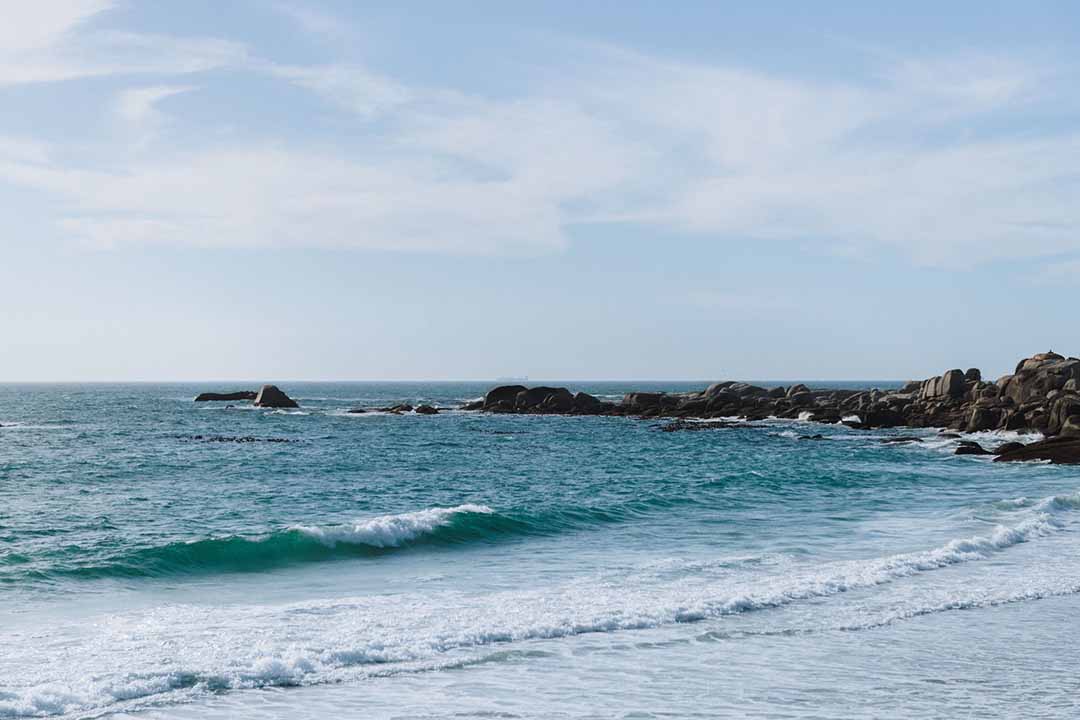Blue Flag

Blue Flag Programme
Clifton and Camps Bay beaches have for the past few seasons been granted Blue Flag Status. The Blue Flag programme not only draws visitors to our beaches, but also ensures the management and safety of our beaches is maintained at the highest level, thus benefitting visitors and residents alike. It is however, primarily an Environmental Education Programme.
Blue Flag Season
1st December - 31st March in Cape Town every year.



Organisation
The Blue Flag Programme for beaches and marinas is run by the non-governmental, non-profit organization, WESSA (the Wildlife & Environment Society of South Africa), the oldest environmental NGO in the country, now nearly 89 years old. The Blue Flag Programme is one of the projects of WESSA’s National Coastal Programme, which in turn is placed within our Catchment to Coasts Programme. The Blue Flag Programme was started in France in 1985 and was introduced to South Africa in 2001.
The programme strives to ensure sustainable management practices through water quality standards, safety standards, environmental management standards and environmental education. It works to bring together tourism and environmental sectors at local, regional and national levels. Over the years the Blue Flag programme has become a well-known and recognized eco-label for tourists and tour operators.
If the beach that has been awarded the Blue flag does not, for some reason, comply with all of the criteria, the beach may not fly the Blue Flag and WESSA (as the implementer in South Africa) reserves the right to refuse or withdraw the Blue Flag from any beach where the operator or local authorities violate the regulations or act in discord with the spirit and objectives of the Blue Flag Programme.
Environmental Education and Information
Each beach must have at least one board in place containing relevant information, including the local ecosystem, bathing water quality information updated at least once per month and an explanation of the data, information about Blue Flag, code of conduct for the beach, life saving hours and emergency contact numbers. In addition at least 5 environmental education activities, which promote the aims of the Blue Flag, must be offered.
Environmental Management
The beach and surrounding area, including paths and parking areas must be clean and maintained at all times, waste disposal bins must be available by the beach and regularly maintained and emptied, facilities for receiving recyclables must be available, adequate and clean sanitary facilities, regulations concerning all domestic animals must be enforced, building and equipment must be properly maintained and sustainable means of transport must be promoted
Safety and Services
It is recommended that there are suitably qualified and easily recognisable lifeguards on duty (with appropriate first aid station and lifesaving equipment), especially on beaches with a high number of visitors. The number of lifeguards on duty can vary over the Blue Flag season. There must be management of different users on the beach to prevent conflict and accidents, for instance sea craft must be separated from swimmers by means of marker bouys, different activities on the beach must be clearly zoned and consideration should also be given to noise nuisance. An emergency plan including waste spills, algal blooms etc. must be in place. There must be safe access to the beach and the beaches must be patrolled. A supply of potable water must be available on the beach and a map of the beach indicating different activities must be displayed.
